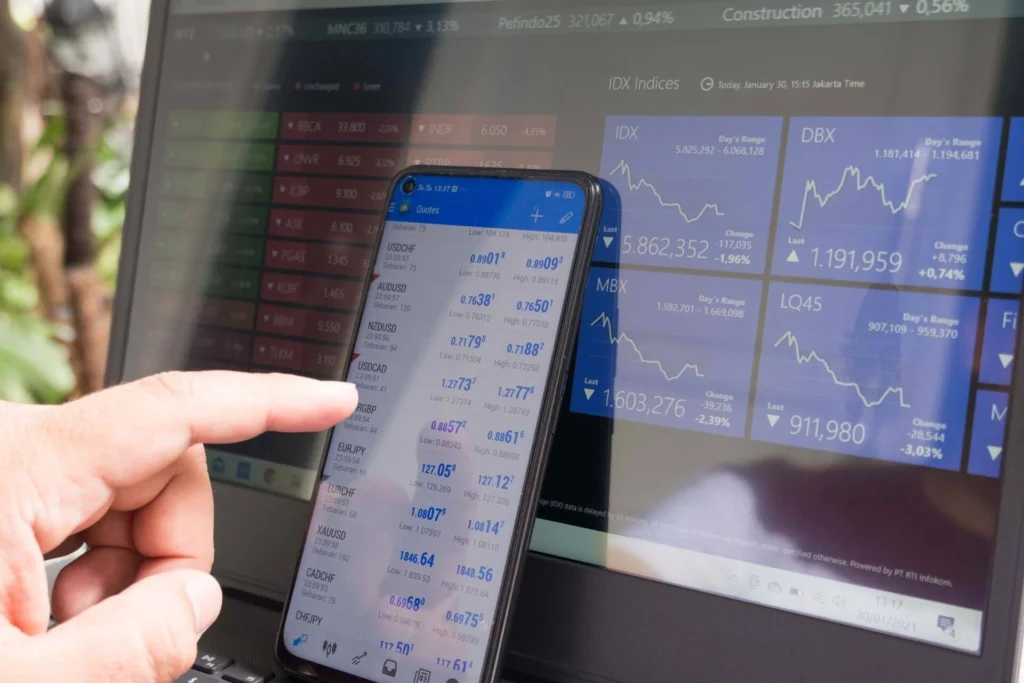Getting started in forex trading feels exciting—until you realize there’s a lot more to it than candlesticks and currency pairs. One thing many new traders overlook? Forex tax rules and proper asset allocation. And let’s be real—ignoring these could cost you more than a bad trade ever will.
Let’s break down the essentials.

Why Asset Allocation Actually Matters in Forex Trading
Think asset allocation is just something for retirees or Wall Street types? Think again. Even if forex is your main focus, putting all your capital in one market is risky business.
Asset allocation is about spreading your investments across different asset types—stocks, bonds, crypto, and yes, forex—to reduce overall risk. So if the forex market takes a dive, you’re not losing everything in one go.
A basic setup for beginners might include 10–20% in forex, with the rest in more stable long-term investments. The goal isn’t to kill the thrill—it’s to stay in the game longer.
Forex Tax Rules Explained: What Every Trader Should Know
Here’s what a lot of traders forget: profits from forex aren’t invisible. Depending on where you live, those gains are likely taxable—and the rules vary by country.
In the U.S., for example, you might report under Section 988 (ordinary income) or Section 1256 (capital gains split). It sounds technical—and it is. But skipping it could lead to audits, fines, or worse.
The smart move? Keep detailed records of your trades: when you opened, when you closed, how much you made or lost. If you’re serious about trading, a tax professional familiar with forex tax rules is worth the expense.

How Forex Fits in Your Asset Allocation Strategy
Forex is fast, flexible, and global. That’s why many traders love it. But on its own? It’s risky. That’s why asset allocation matters.
Instead of going 100% into forex, think of it as a piece of your bigger financial puzzle. It works well alongside other assets—like stocks for growth, or bonds for stability.
Also, watch your leverage. Just because your broker offers 1:500 doesn’t mean you should take it. High leverage magnifies both gains and losses.

Common Forex Tax Mistakes and Asset Allocation Errors
One big mistake? Going all-in on forex. After a few wins, it’s tempting to double down—but without diversification, one bad trade can wipe you out. Spread your risk. Always.
Another common slip: ignoring forex tax rules. Earned a few thousand and didn’t report it? That could lead to penalties or worse. Keep records. Play it safe.
Lastly, not adjusting your allocation as markets shift. What worked last quarter might not work now. Rebalancing isn’t boring—it’s smart.

Final Thoughts: Why Understanding Forex Tax Rules Matters
Let’s face it—forex trading isn’t just about charts and signals. To succeed, you need a plan. That means understanding your portfolio, managing risk, and yes, staying on top of forex tax rules.
It might not be the most exciting part of trading, but it’s what separates smart, long-term traders from those who burn out. Protect your gains, diversify your bets, and don’t let taxes catch you off guard.
Because in the end? A good strategy isn’t just about making money—it’s about keeping it.
Relevant News: The Real Ups and Downs of Retail Investor Risk Control: What Works and What Doesn’t





